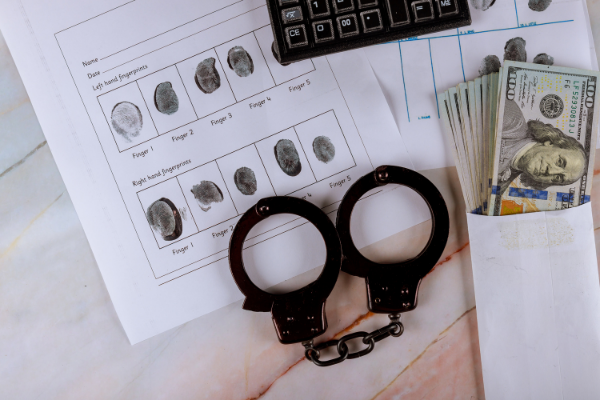
The “Shoot-To-Kill” Policy Is Very Wrong
- Category: Governance
- Date 12-02-2006
- 600 views
When armed ruffians a while ago ransacked the home of Tanzania's police chief, Gen. Omar Mahita in an incessant pattern of armed robberies that have characterised present-day Tanzania, many commoners were left wordless. This was so because we have always viewed the police as the epithet of the security verve of a society. Cash worth about $170 was stolen in the daring raid, along with other goods.
The police are the custodians of law and order, so any lawbreaker would naturally keep a safe distance from them. The sight of a policeman knocking at your door or signalling your car to a halt sends a nerve-jangling message down a person’s spine. Isn’t it strange therefore that one would contemplate committing a crime against the law enforcer himself, not only in his private home but also in broad daylight? The Bongo robbers have really set out too far in pursuit of ill wealth and malicious destruction of human life and property.
In a grisly episode, Gen. Omar Mahita’s attackers cordoned off the streets, firing their guns into the air outside his private house in the Segerea suburb on the outskirts of Dar es Salaam city, only a month after the police launched a “shoot-to-kill” policy in order to crack down on criminals. A week before the rare attack on a security boss, people had actually called on Gen. Mahita to resign, having lost faith in the police. Analysts noted therefore that not many felt sympathetic to Mr. Mahita for his ordeal.
It is not a laughing matter however when an adversary strikes first at the very foundation of the society’s protective organ. Rather it is an indicator that what awaits an ordinary citizen is pure disaster and possibly insufferable. Interestingly, most of us vulnerable masses are neither in possession of protective tools nor skilled in the art of self-defence; all we have as security is a wall and roof at the borders of our house.
One might then ask, “If the security forces are endangered in such a measure, how could a common citizen expect any amount of shelter from criminal gangs?” As a child I imagined that my father was unbeatable, so I trusted that no assailant could probably subdue him. Seeing him as the most powerful person on earth, I had no time to worry about life, knowing that he was capable of fending off whichever enemy. The confidence of the entire family was fully vested in him.
What if I saw him beaten and in tears? I would be scared, perceiving the end of the world. A man who is overcome by danger and flees from it or who merely endures menace is not at all fit to guard those under his care. Little wonder therefore that wananchi have lost confidence in the police service and their ability to ward-off the raging wave violent crime, and as a result, advising the inspector general to resign. If he could not prevent an attack on himself, how will he guarantee others’ security?
It is a confusing scenario though. Taking a tough line against the brutes, the police have again been blamed. For example, when they shot dead six suspected gangsters in a foiled robbery attempt at a bank in northern Tanzania’s Arusha city, many people complained that on-the-spot shootings of suspects are on the rise and unnecessary.
Notwithstanding the police’s accounts that they had acted in self-defence against the assailants who would perhaps have shot and killed a policeman; moreover Ndugu Benjamin Mkapa had previously affirmed a zero tolerance towards criminals who shot at policemen while on duty. It is this directive that some people feel inflamed police to adopt a "shoot-first-and-ask-later” style when dealing with suspected criminals.
To note however is that shooting presumed criminals is not the best way to curb crime. It is a means to heighten insecurity and anguish. Some innocent individuals will lose dear life or sustain injury on the basis of sheer suspicion. Hardly a year ago, an innocent South American was killed in Britain merely because police perceived him as a terrorist. The “shoot-to-kill” policy is such an impious plan; it cannot take us anywhere.
By Venansio Ahabwe
Source: Peering Eye, Sunday Citizen
